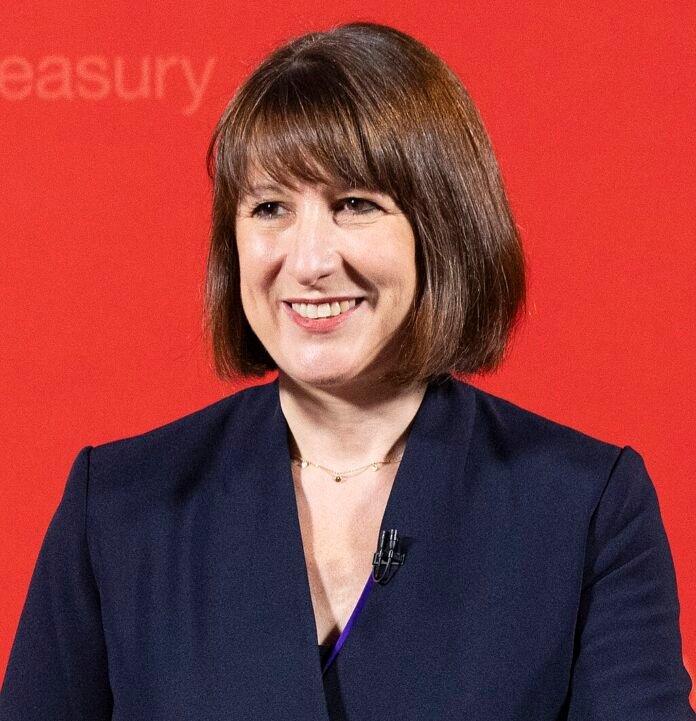Families claim Labour’s VAT on private school fees discriminates against SEN and faith pupils in court battle
The High Court has become the battleground for a legal challenge against Labour’s VAT policy on private school fees, as families, faith schools, and special educational needs (SEN) pupils argue it is discriminatory and a breach of human rights law.
Nearly 20 families, alongside several religious schools, have taken legal action against the Treasury, with claims that the additional costs are forcing vulnerable children out of private education. Parents, teachers, and pupils gathered outside the Royal Courts of Justice in protest as the case opened.
Lord David Pannick KC, representing some of the families, argued that state schools cannot adequately support certain children, particularly those with complex needs.
“The application of the law does have a damaging effect on individual children and their families,” he told the court.
Jeremy Hyam KC, speaking on behalf of two SEN pupils, estimated that 35,000 children could be forced out of private education due to the financial burden.
Embed from Getty Images
“Provision for SEN pupils in the state system is in crisis. The transition will have a highly detrimental effect on those forced to move.”
Religious communities have also raised concerns. Bruno Quintavalle, representing four small Christian schools, criticised the policy as rushed and inconsiderate.
“These parents cannot, in good conscience, send their children to secular state schools,” he said, warning that minority religious schools would suffer most.
However, Sir James Eadie KC, representing the government, defended the move, arguing that it was a key Labour manifesto pledge expected to raise £1.5bn–£1.7bn annually.
“Parents are free to choose private education, but general tax measures do not amount to a human rights violation.”
The case, heard by Dame Victoria Sharp, Lord Justice Newey, and Mr Justice Chamberlain, will conclude on Thursday, with a written ruling to follow.
THE GUARDIAN
Labour’s plan to impose VAT on private school fees faces a legal challenge, with claimants arguing it discriminates against children with special educational needs (SEN) and breaches human rights. Parents say higher fees could force 35,000 SEN children into an overstretched state system unable to meet their needs. Representing two SEN children, Jeremy Hyam KC argued the policy disproportionately affects those with autism and other conditions. Separately, private Christian schools claim the VAT unfairly penalises parents choosing faith-based education. However, government lawyers insist the policy aligns with Labour’s manifesto and that parents can still opt for private education if they can afford it. They argue state-funded education remains universally accessible and that the policy does not interfere with religious freedoms. The hearing, overseen by senior judges, concludes Thursday, with a ruling expected soon. If upheld, the VAT is projected to generate £1.7bn annually for the Treasury.
BBC
The High Court has heard that Labour’s VAT on private school fees violates the right to education and discriminates against children with special educational needs (SEND) and those at faith schools. Barrister Lord Pannick KC, representing affected families, argued that higher fees would force many students into a state system that cannot accommodate them. The claimants seek a declaration that the policy breaches human rights law. The Independent Schools Council (ISC) and parent groups contend that the tax disproportionately affects less wealthy families and is unprecedented in Europe. Government lawyers will argue the policy raises revenue fairly and does not interfere with educational choice. Chancellor Rachel Reeves’ legal team maintains that parents can still opt for private education if they can afford it. The three-day hearing before senior judges will determine whether the policy stands, amid growing concerns about its impact on SEND children and faith-based education.
